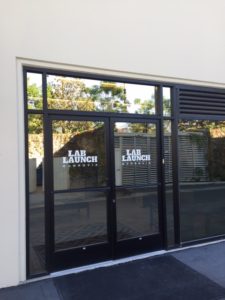
The current scientific landscape can best be thought of as a transitional one. With the proliferation of scientific innovation and the role that technology plays in our lives, along with the demand for more of these breakthroughs, comes the simultaneous challenge of balancing affordable lab space, funding and opportunity for young investigators and inventors to shape their companies and test novel projects. Los Angeles science incubator Lab Launch is trying to simplify the process through a revolutionary, not-for-profit approach that serves as a proof of concept for an eventual interconnected network of “discovery hubs”. Founder Llewelyn Cox sits down with ScriptPhD for an insightful podcast that assesses the current scientific climate, the backdrop that catalyzed Lab Launch, and why alternatives to traditional avenues of research are critical for fueling the 21st Century economy.
As science and biotechnology innovation go, we are, to put it in Dickensian terms, in the best of times and the worst of times.
On the one hand, we are in the midst of a pioneering golden age of discovery, biomedical cures and technological evolution. It seems that every day brings limitless possibility and unbridled imagination. Recent development of CRISPR gene-editing machinery will facilitate specific genome splicing and wholescale epigenetic insight into disease and function. Immunotherapy, programming the body’s innate immune system and utilizing it to eradicate targeted tumors, represents the biggest progress in cancer research in decades. For the first time ever, physicists have detected and quantified gravitational waves, underscoring Einsteins theory of gravity, relativity and how the space continuum expands and contracts. The private company SpaceX landed a rocket on a drone ship for the first time, enabling faster, cheaper launches and reusable rockets.

Despite these exciting and hopeful advancements, many of which have the potential to greatly benefit society and quality of life, there remain tangible challenges to fostering and preserving innovation. Academic science produces too many PhDs, which saturates the job market, stifles viable prospects for the most talented scientists and even hurts science in the long run. Exacerbating this problem is a shortage of basic research funding in the United States that represents the worst crisis in 50 years. And while European countries experience a similar pullback in grant availability, developing countries are investing in research as an avenue of future economic growth. High-risk, high-reward research, particularly from young investigators, is suppressed at the expense of “safe research” and already-wealthy, established labs. Conduits towards entrepreneurship are possible, many through commercializing academic findings, but few come without strings attached, start-up companies are in a 48% decline since the 1970s. With research and development stagnating at most big pharmaceutical companies and current biomedical research growth unsustainable, there is an unprecedented opportunity to disrupt the innovation pipeline and create a more robust economy.
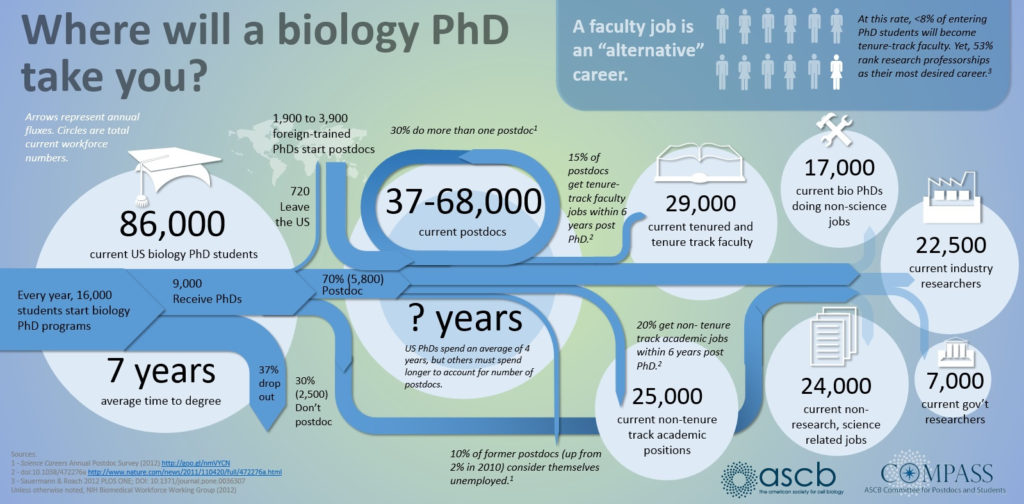
In an effort to boost discovery and development, there has been a permeation of venture capital accelerators and think-tank style early stage incubators from the technology sector into basic science; indeed it’s experiencing a proliferating boom. Affordable space, world-class facilities, access to startup capital and a opportunity to explore high-risk ideas — all are attractive to young academics and scientific entrepreneurs. Even pharmaceutical giants are spawning innovation arms as potential sources of future ideas. Large cities like New York are even using incubator space as a catalyst for growing a localized biotechnology-fueled economy. Such opportunities, however, don’t come without risk and collateral to innovators. As Mike Jones of science, inc. warns, the single biggest question that innovators must asses is: “Is the value I am getting equal to the risk I am saving, through equity?” Many incubators and accelerators act as direct conduits to academia and industry, both for talent recruitment and retention of intellectual material. In fact, the business model governing incubator space and asset allocation can often be nebulous, and sometimes further complicated by mandatory “collaborative” sharing not just of materials and space, but data and intellectual property. Even wealthy investors, who are now underwriting academic and private sector research, want a voice in the type of research and how it is conducted.
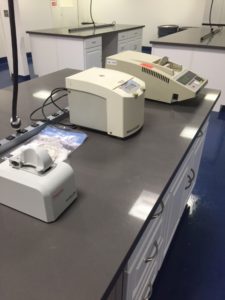
Amidst this idea-driven revolution was borne the concept of Lab Launch, a transformative permutation of incubator space for fostering pharmaceutical and biotechnology innovation. The fundamental principle behind Los Angeles-based Lab Launch is deceptively simple. As a not-for-profit endeavor, it provides simple, sleek and high-level equipment and space for life science and biotechnology experimentation. Because all shared equipment is donated as overflow from companies and laboratories that no longer need it, costs are minimized towards laboratory management fees and rental of facilities. As a stripped-down discovery engine model, this allows Lab Launch scientists to keep 100% of their intellectual property and equity, something that is virtually unheralded for young innovators at early-development stages. On a more complex level, the potential wide-scale benefits of Lab Launch (and future copycat spawns) are profound and resonant. In an industry where the Boston-San Francisco-San Diego triumvirate presents a near-hegemony for biotechnology funding, development and intellectual assets, the growth of simple, inexpensive science incubators in large cities carries tremendous economic upside. Critics might point out the lack of substantive guidance and elite think tank access of such a platform, yet 90% of all incubators and accelerators still fail, regardless. Moreover, selection criteria are often biased towards specific business interests or research aims that buoy academia and venture capital profiteers, which weed out the most high-risk ideas and participants. How, for example, would a scientist without a PhD or prestigious pedigree get access to a mainstream incubator lab space? How would a radically non-traditional idea or approach merit mainstream support or funding? A recent Harvard Business Review article suggests that lean start-ups with the most efficient, bare-bones development models, have far higher success rates and should be the template for driving an innovation-based economy. As elucidated in the podcast below, opening doors to facilitate proof-of-concept innovation and linking a virtual network of lab spaces will give rise to not just the next Silicon Valley, but the great scientific breakthroughs of tomorrow.
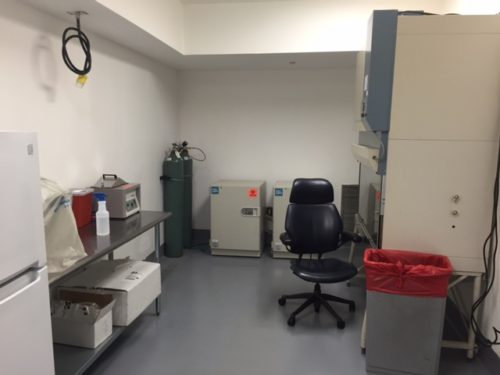
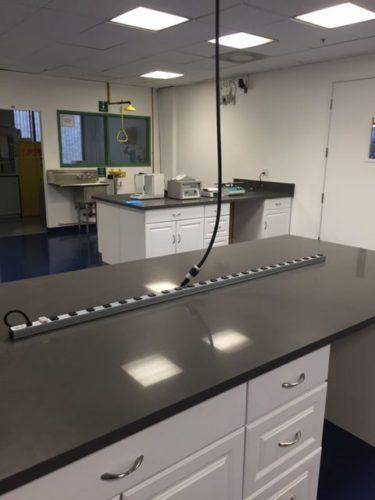
Lab Launch founder Dr. Llewellyn Cox sat down with ScriptPhD for a podcast interview to talk about his revolutionary not-for-profit startup incubator and the challenging scientific environment that inspired the idea. Among our topics of discussion:
•How lack of funding and overflow of PhDs in the current scientific climate stifles creativity and innovation
•Why biotechnology will cultivate exciting new industries in the 21st Century
•How no strings attached incubators like Lab Launch help give rise to Silicon Valleys of the future
•Why we should in fact be hopeful about how scientific progress is advancing
*****************
ScriptPhD.com covers science and technology in entertainment, media and advertising. Hire our consulting company for creative content development. Follow us on Twitter and Facebook. Subscribe to our podcast on SoundCloud or iTunes.